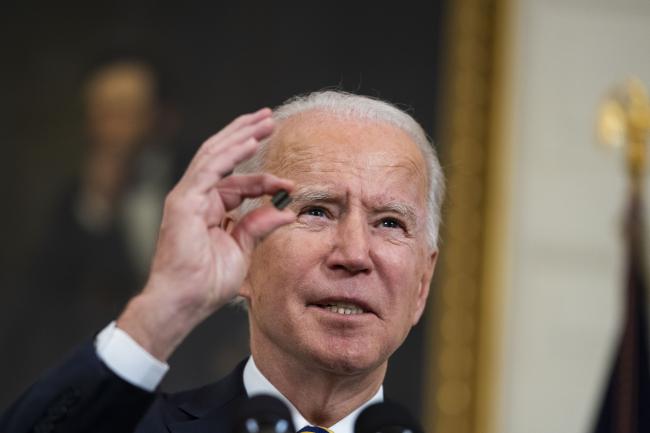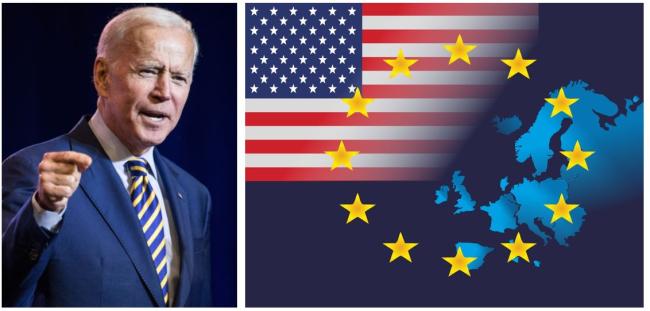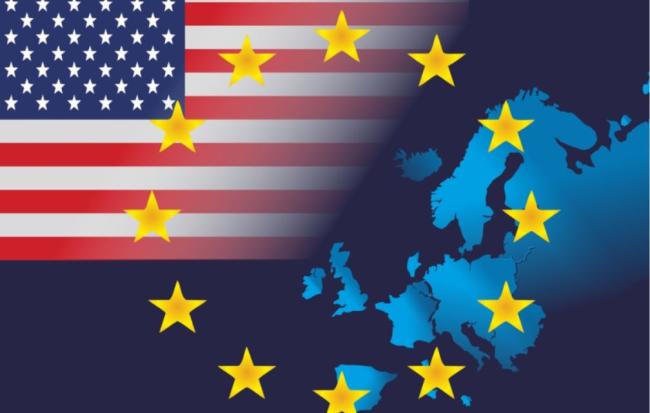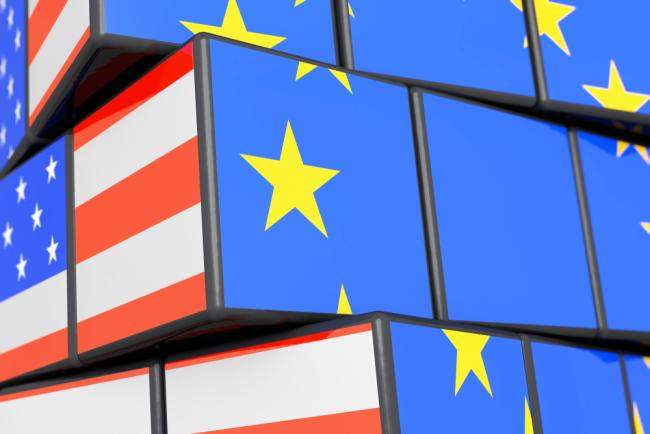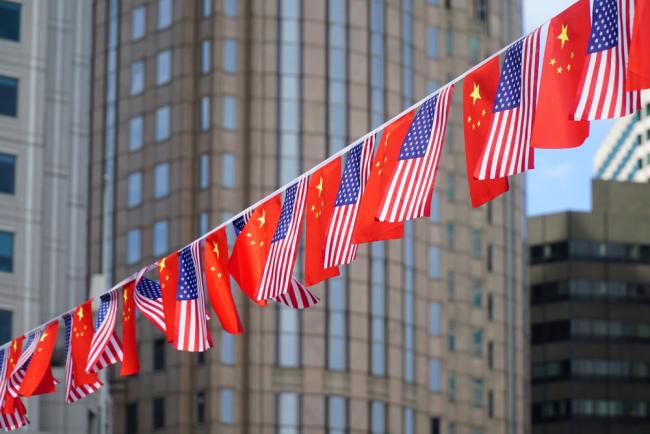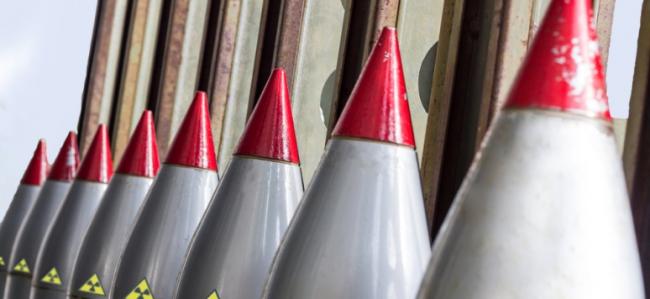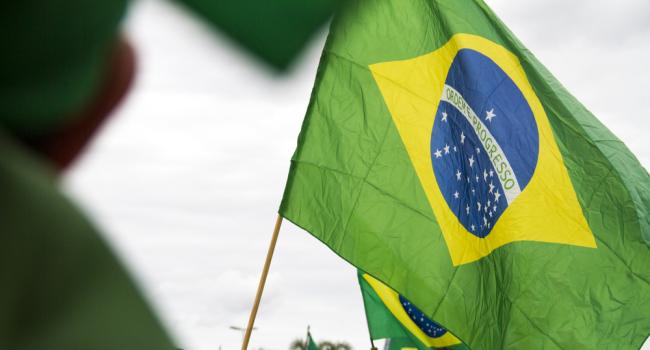Americas
The Americas are undergoing profound changes. While the hegemony of the United States is being called into question, Latin America, for its part, is raising issues specific to its territory, and possesses significant development potential.
Related Subjects
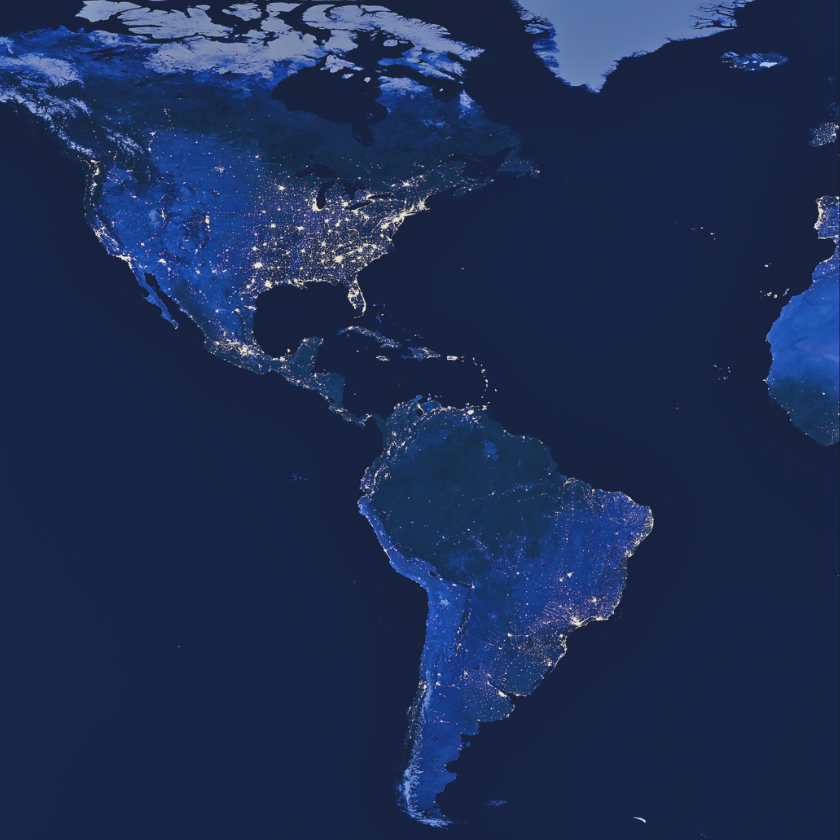
Opening up the G7 to South Korea to Address Contemporary Global Challenges

The G7’s global influence has diminished as powers like China reshape international governance through initiatives such as BRICS and the Shanghai Cooperation Organisation (SCO). With the G7 now representing just 10 per cent of the world’s population and 28 per cent of global GDP, its relevance is increasingly questioned.
Convince and Coerce: U.S. Interference in Technology Exchanges Between its Allies and China
The tough-on-China policy adopted by the Trump and Biden administrations has – and will increasingly have – important consequences for Washington’s allies, both on their infrastructure choices (5G, submarine cables...) and on their technological exchanges with China.
European Strategic Autonomy and the Biden Presidency
Some twenty international personalities from different horizons and backgrounds were asked to reflect on the impact of the Biden presidency for the future of European strategic autonomy.
Europe in the World: for a Modest and Effective Reform
This sad year ends with a pandemic that continues in full swing over a large part of the planet, especially in the United States and Europe, with no other reassuring prospect than that of one or more vaccines, which is already a lot. But that’s not the subject I want to focus on in this eighth letter, the last one for 2020. Internationally, two other facts have dominated the scene in recent months.
Latin America and the COVID-19 Challenge
Latin American governments have not responded consistently to the COVID-19 pandemic.
COVID-19 Reveals Europe’s Strategic Loneliness
The COVID-19 crisis has not only revealed a world that has moved into an age of interdependence and competition, it has also laid bare Europe’s strategic loneliness and vulnerability.
The European Equation of Nuclear Deterrence, Variables and Possible Solutions
Ever since nuclear weapons were developed by the United States and the Union of Socialist Soviet Republics, Europe has lived under the nuclear shadow. A major direct confrontation between “the West” and “the East” could have very likely resulted in the detonation of nuclear weapons on the continent. As the Cold War ended, massive reductions in the US and Soviet arsenals (from 70,300 in 1986 to 13,890 in 2019) and a new security architecture radically transformed the European security environment.
Sanctions and the End of Trans-Atlanticism. Iran, Russia, and the Unintended Division of the West
Sanctions have become the dominant tool of statecraft of the United States and other Western states, especially the European Union, since the end of the Cold War.
U.S. Visions of China: From Henry Kissinger to Donald Trump
Chinese power continues to grow both militarily and economically: its disputed territorial gains in the South China Sea are complemented by its extensive investment initiative in the New Silk Roads through the Eurasian continent.
La guerre nucléaire limitée : un renouveau stratégique américain
Over the past few years, a debate on possible scenarios of limited nuclear weapons use has surfaced again in the United States. Russian nuclear saber-rattling since 2014 and the growing tensions in the Korean peninsula have led Washington to reassess its own ability to deter, or respond to, such a limited use of nuclear weapons.
Brazil: the Harder they Fall
During the 2000s, Brazil's economy took off, with growth driven primarily by strong Chinese demand for commodities. Within a decade, the Brazilian middle class increased from 30% to 50% of the population.
President Obama Snubs Europe: The US Perspective on the EU
Introduction
With the ratification of the Lisbon Treaty completed the EU is undergoing profound institutional changes. How does the US perceive the EU and these changes?
To analyze American perceptions of the EU it is first necessary to distinguish between the general American public and the American political elite.
Support independent French research
Ifri, a foundation recognized as being of public utility, relies largely on private donors – companies and individuals – to guarantee its sustainability and intellectual independence. Through their funding, donors help maintain the Institute's position among the world's leading think tanks. By benefiting from an internationally recognized network and expertise, donors refine their understanding of geopolitical risk and its consequences on global politics and the economy. In 2025, Ifri supports more than 80 French and foreign companies and organizations.







